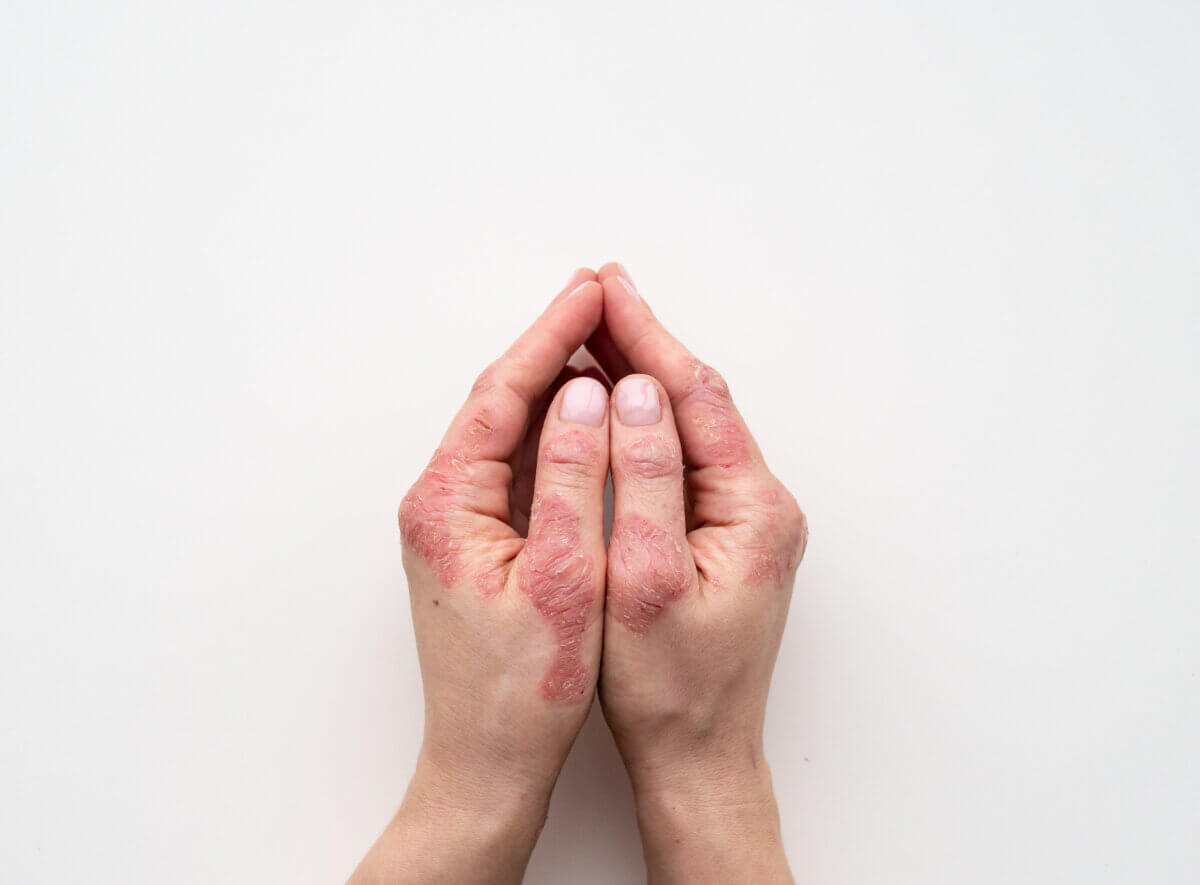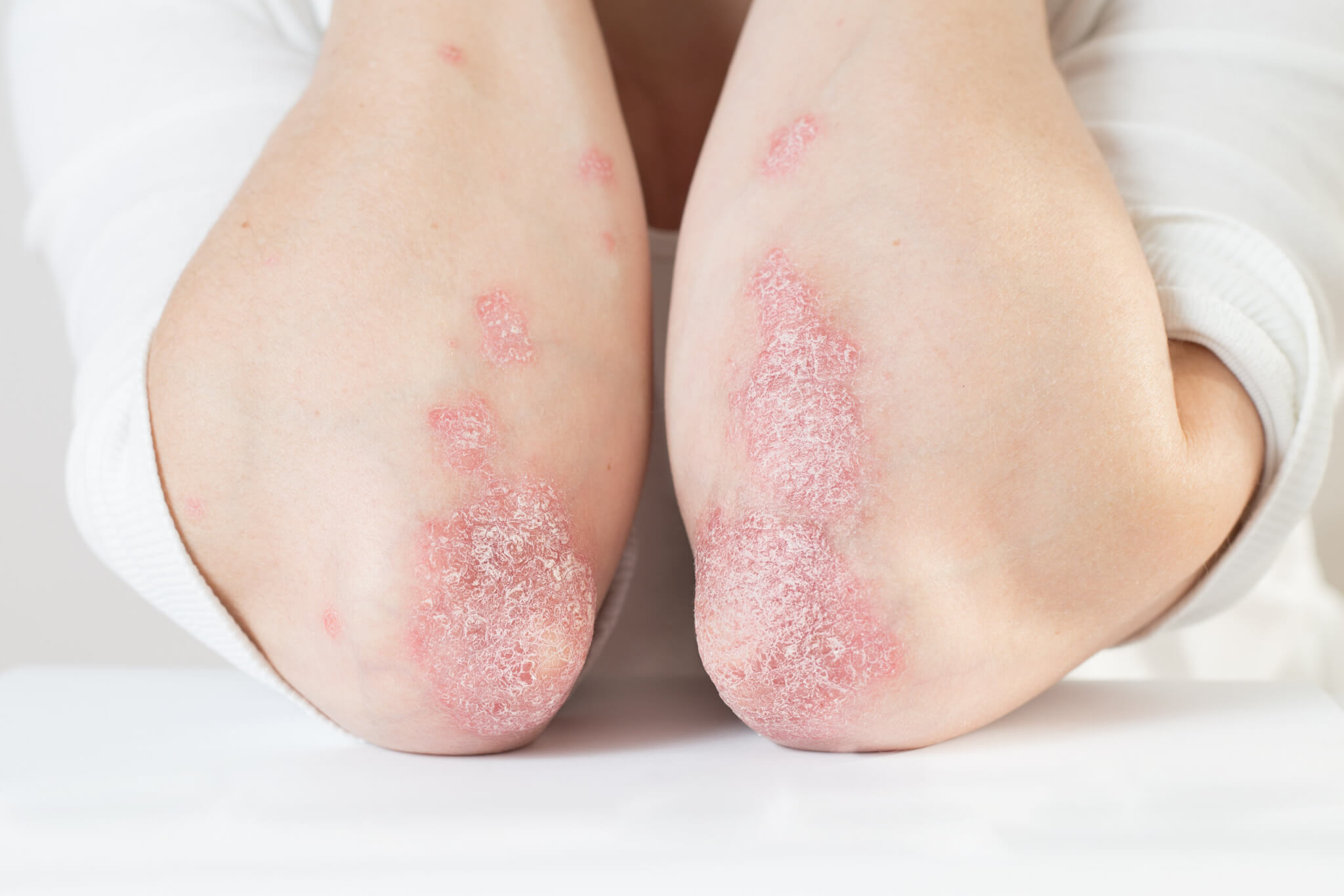GOTHENBURG, Sweden — How you handle stress may play a major role in your chances of developing psoriasis. A new study finds that young men who were less resilient to the effects of stress were significantly more likely to suffer from chronic skin conditions later in life.
Specifically, young men enlisting for the military in Sweden with low stress resilience were 31 percent more likely to develop psoriasis. This was in comparison to those who had a high level of resilience to stress. Overall, the study published in the Journal of the European Academy of Dermatology and Venereology examined the stress reactions of 1.6 million Swedish men enlisting in the military between 1968 and 2005.
What is psoriasis?
Psoriasis is a skin disease that causes itchy and scaly patches. These rashes most commonly appear on the knees, elbows, torso, and scalp. Unlike other minor skin conditions, psoriasis is a long-term problem that has no cure.
According to the Mayo Clinic, psoriasis tends to flare up in cycles, plaguing patients for weeks or months and then subsiding for a while. Some medications can manage the symptoms once someone develops the disease, but health officials also recommend that patients examine their lifestyle habits and devise coping strategies to improve their quality of life.

In the new study, researchers examined the psychological assessments each man took before their military enlistment. Based on those assessments, 20 percent graded out as having low-stress resilience, 21 percent had high-stress resilience, with the remaining men rated as having “intermediate” resilience.
According to records from Sweden’s National Patient Register, 36,000 men went on to develop psoriasis or psoriatic arthritis. Those in the low-stress resilience had a 31-percent higher risk of developing a skin disease compared to the high-resilience group. Moreover, severe cases of psoriasis and psoriatic arthritis displayed a strong link to experiencing stress. Those clinically diagnosed with stress and ranking in the low resilience group were a staggering 79 percent more likely to develop psoriasis compared to highly resilient individuals.
Stressed out men in the low resilience group were also 53 percent more likely to develop psoriatic arthritis. This form of arthritis specifically affects people with psoriasis. The main symptoms include joint pain, stiffness, and swelling. It can affect any part of the body, including a patient’s fingertips and spine. Like psoriasis, the condition has no definitive cure.
What’s the link between stress and psoriasis?
Researchers from the University of Gothenburg note that this is the first study to link a sensitivity to stress to the onset of psoriasis. So, what’s the cause? Study authors believe the missing link is inflammation. Previous studies have shown how stress often leads to an increased inflammatory response in the body.
“We have shown that lower stress resilience in adolescence is a potential risk factor for psoriasis, at least for men,” says the study’s lead author Marta Laskowski, a doctoral student in dermatology at the University of Gothenburg and a resident physician at Sahlgrenska University Hospital, in a media release. “Our results suggest that those with psoriasis have a hereditary psychological sensitivity. It is therefore important that healthcare professionals also pay attention to the mental wellbeing of patients with psoriasis.”
The Swedish researchers do note that their observations only cover one point in a man’s life. There are also other factors that could increase a person’s risk for psoriasis, such as smoking.
“Stress resilience can vary throughout life,” adds Laskowski. “However, we have not had the opportunity to investigate these changes.”
